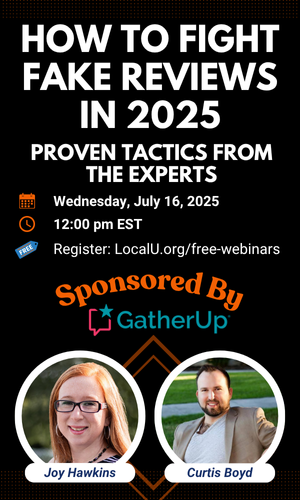JoyHawkins
Administrator
- Joined
- Aug 23, 2014
- Messages
- 5,474
- Solutions
- 70
- Reaction score
- 2,949
This is a question that comes up a lot. When is it a good idea to file a disavow? Is it risky because you might actually remove link juice from links that are helping you (even though they're spammy)?
Marie Haynes just published a guide on this and says you likely don't need to file a disavow for:
You should file a disavow for:
What has been your experience with disavowing?
Marie Haynes just published a guide on this and says you likely don't need to file a disavow for:
- Spammy sites such as low quality image aggregators that link out to millions of sites on the web automatically.
- Directories that have content scraped from the Yellow Pages, DMoz or other valid directories.
- Many sites that are labelled by a link auditing tool as “toxic”.
You should file a disavow for:
- Paid links
- Paid articles containing links
- Paying a journalist to slip a link into an article
- Paying an SEO company to publish articles on sites with which they have partnerships to provide content, especially if this is done on a large scale
- Publishing articles containing links, on sites that have very little editorial process. This includes a lot of guest posting. Not all guest posting is bad, but if you are doing it on a large scale, we believe that these links have the potential to be seen as unnatural by Google
- Offering bloggers free product to review, and getting a link in return
- Excessive use of reciprocal linking beyond what is valuable to actual users
- Creating a tool or widget that requires the site owner to link back to you in order to use it
- Large scale use of directories that were only created for SEO (i.e. no human would ever read them)
- Links embedded in the footer of html themes that you have distributed for link building
- An influx of “negative SEO attempt” links using your keywords as anchors, or using adult terms as anchors
- Any other type of link that would make you really nervous if you had to explain to the webspam team how you obtained that link
What has been your experience with disavowing?




